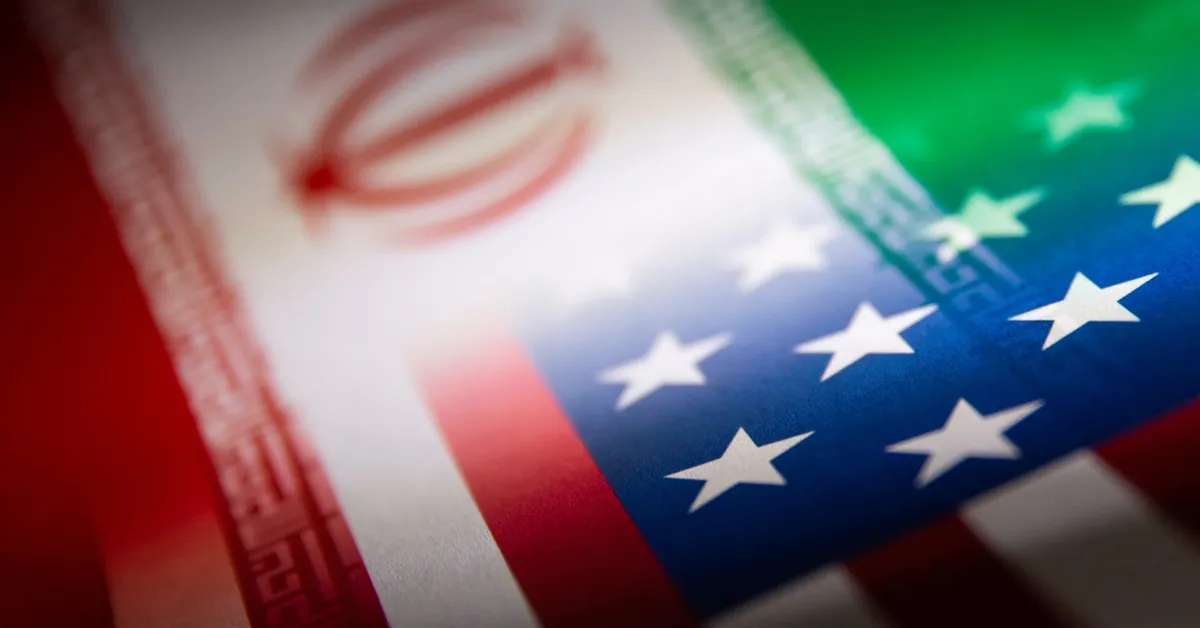
On June 14, significant tensions escalated between Iran and the United States as Iran's foreign ministry declared that any dialogue regarding Tehran's nuclear program has become "meaningless." This statement follows Israel's largest military strike against Iran, which Tehran accuses the U.S. of supporting. The foreign ministry spokesperson, Esmaeil Baghaei, highlighted that the U.S. actions contradict their claims of wanting to negotiate, stating, "You cannot claim to negotiate and at the same time divide work by allowing the Zionist regime (Israel) to target Iran's territory," according to the semi-official Tasnim news agency.
Baghaei asserted that Israel's successful strike was heavily influenced by the diplomatic processes that the U.S. orchestrated, claiming that the military action would not have occurred without Washington's consent. This accusation is part of an ongoing narrative in which Iran has previously accused the U.S. of complicity in Israel's military actions against them. Despite these allegations, the United States has firmly denied any involvement, urging Tehran during a United Nations Security Council meeting to engage in serious negotiations over its nuclear ambitions.
The sixth round of U.S.-Iran nuclear talks was scheduled to take place on Sunday in Muscat, Oman. However, the recent Israeli strikes have cast doubt on whether these discussions will proceed as planned. The prospect of diplomacy seems to be increasingly fragile, with heightened tensions on both sides. Iran maintains that its uranium enrichment program is solely for civilian purposes, firmly rejecting allegations from Israel that it is secretly developing nuclear weapons.
In a related development, former U.S. President Donald Trump disclosed to Reuters that he and his administration were aware of the impending Israeli military actions against Iran. Despite this knowledge, Trump expressed a belief that there was still potential for reaching an accord with Tehran. This statement underscores the complexities of U.S.-Iran relations, especially in light of recent military escalations.
As the situation continues to unfold, the international community is closely monitoring the implications of these developments on regional stability and the future of the nuclear negotiations between Iran and the U.S.